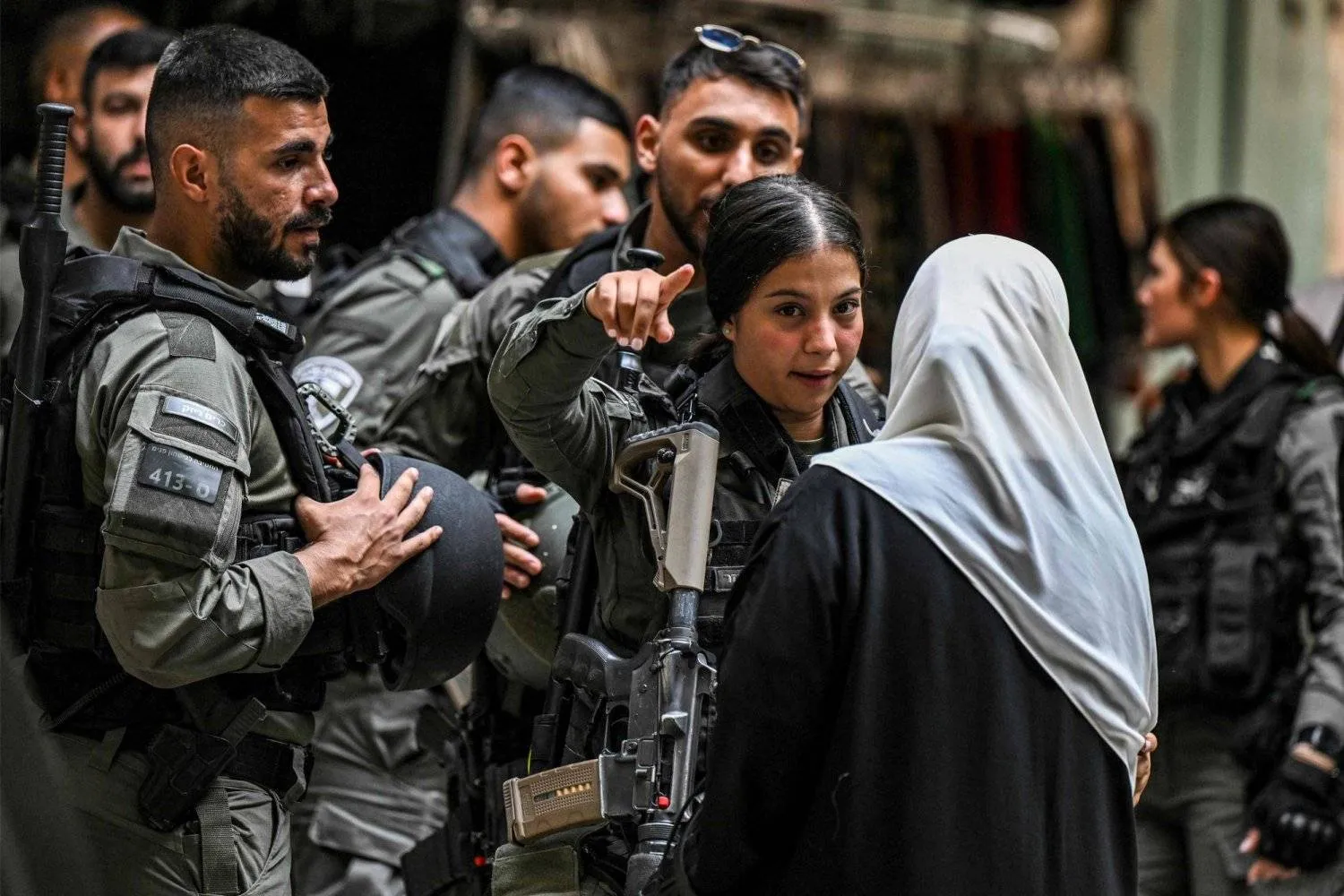Israeli security officials have been voicing concerns that the economic crises in the West Bank could flare up security tensions and a third Palestinian intifada (uprising), particularly with the start of the holy month of Ramadan in mid-March and the ongoing war in Gaza.
Israeli security officials already warned Prime Minister Benjamin Netanyahu about an upcoming security escalation in the West Bank. They asked the PM to allow some 100,000 Palestinian workers to return to work in Israel and to ease security measures against Palestinians in the West Bank, including allowing Muslims to pray at Al-Aqsa Mosque during the holy month of Ramadan.
The officials affirmed to Netanyahu that such measures could prevent escalation.
Meanwhile, informed political sources said the Israeli security apparatus is expected to hold in-depth deliberations in the coming days to discuss the possible return of 100,000 Palestinian workers to Israel, and to allow a certain number of worshipers from the West Bank to pray at Al-Aqsa Mosque.
The Hebrew newspaper Yedioth Ahronoth said the economic situation in the West Bank has extremely deteriorated since the start of the war on Gaza and after Israel prohibited the entry of 190,000 Palestinian workers from the West Bank.
The newspaper said that two months ago, the Israeli army and the Israeli intelligence, Shebak, advised the political class to allow the entry of 100,000 Palestinian workers to Israel as a means to prevent an upcoming escalation in the West Bank. However, the Israeli government ignored the recommendation due to strong opposition from hardline ministers, Itamar Ben Gvir and Bezalel Smotrich, and ministers from the Likud Party, including Nir Barkat.
Also, Yedioth Ahronoth said it is unlikely that Israel allows the entry of 100,000 Palestinians to Al-Aqsa Mosque on Fridays during Ramadan, as happened last year, citing difficulties due to the ongoing war in Gaza and a probable opposition from far-right ministers.
Israeli security officials said that since the start of the war in Gaza, Hamas failed to lure the Palestinians in the West Bank and East Jerusalem and the Arab community in Israel, into committing violence.
The newspaper said that the month of Ramadan, an occasion that unites all Muslims, could represent the first real opportunity for Hamas to mobilize Palestinians in the West Bank.
Therefore, the Israeli security officials welcomed a possible deal with Hamas that would necessarily include long weeks of ceasefires, during which the Israeli army would prepare to face any Palestinian uprising.
On Monday, Israeli media reported that the Israeli Army has started a two-day military exercise in the West Bank to maintain combat readiness in the region. The exercise began on Monday morning and will continue until Tuesday.
Israel Fears an Intifada in West Bank during Holy Month of Ramadan

File photo. Residents burn tires in Jericho, in the West Bank, in protest against the Israeli forces’ raid on the town (AFP)

Israel Fears an Intifada in West Bank during Holy Month of Ramadan

File photo. Residents burn tires in Jericho, in the West Bank, in protest against the Israeli forces’ raid on the town (AFP)
لم تشترك بعد
انشئ حساباً خاصاً بك لتحصل على أخبار مخصصة لك ولتتمتع بخاصية حفظ المقالات وتتلقى نشراتنا البريدية المتنوعة







